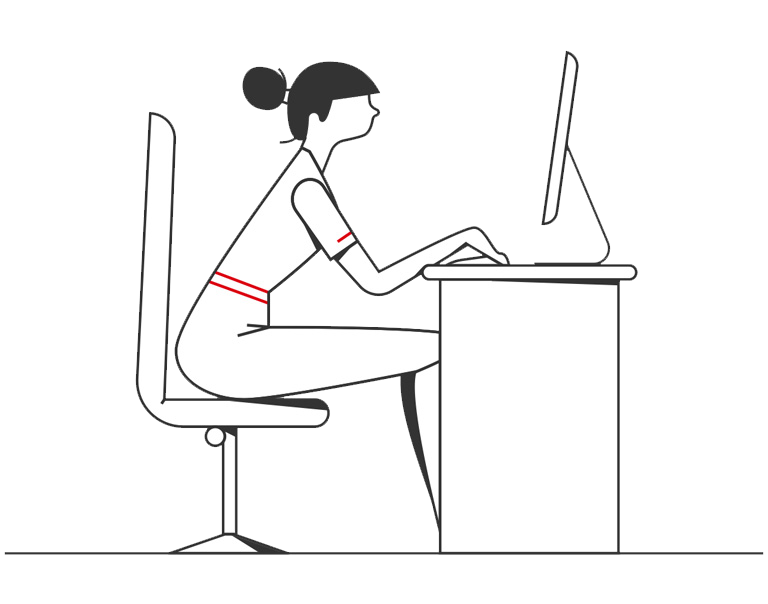- Article

- Long-Term Financing
- Managing Risk
Staying safe online
We're doing everything we can to help you stay safe online so you can access your finances securely, whenever you need to.
Here you'll find out how you can enhance your online security, how we're protecting your business online, how you can report any suspicious activity and other ways you can stay safe online.
How we're protecting you online
We're constantly reviewing the ways we can help and support you.
As a global bank operating in more than 60 countries, we have global insight into online fraud. We see trends and threats early and we can react quickly to prevent problems. It also means we're on hand to support you wherever you go.
Helping to ensure your online transactions are safe and secure, we use industry-standard security technology and practices to safeguard your account from any unauthorised access.
- Using logons and passwords to make sure it's you we're dealing with
Online access to your account is only possible once you have authenticated yourself using the correct Internet Banking ID and security details. - Creating secure online sessions
when you log in to HSBCnet, you are said to be in a secure session. You know you are in a secure session if the URL address begins with https:// and a padlock symbol appears at the top of the page as part of the address bar. - Using encryption
Depending on your browser setting, a pop-up window will appear to notify you that you will be entering a secured page. We use 128-bit SSL encryption, which is accepted as the industry standard. - Using session timeouts
If you forget to log- off after banking online or your computer remains inactive for a period of time during a session, our systems automatically log you off. - Having automatic lockouts
After a number of incorrect attempts to log in, we disable online access to your account. To re-activate your account, you should contact your usual help desk number.
From time to time, weaknesses are discovered in programmes running on your computer. These weaknesses can be exploited by virus writers and hackers to gain access to computers. As such, publishers will release 'patches' from time to time to correct these weaknesses.
To check for patches and updates you should visit the publisher's website, typically their 'Download' section. Generally, the latest versions of an operating system family (like Microsoft Windows) or browser (like Internet Explorer, Firefox etc) is the most secure.
Microsoft users can visit: http://windowsupdate.microsoft.com , which can automatically check what is required for both your operating system and browser and then download it at your request.


